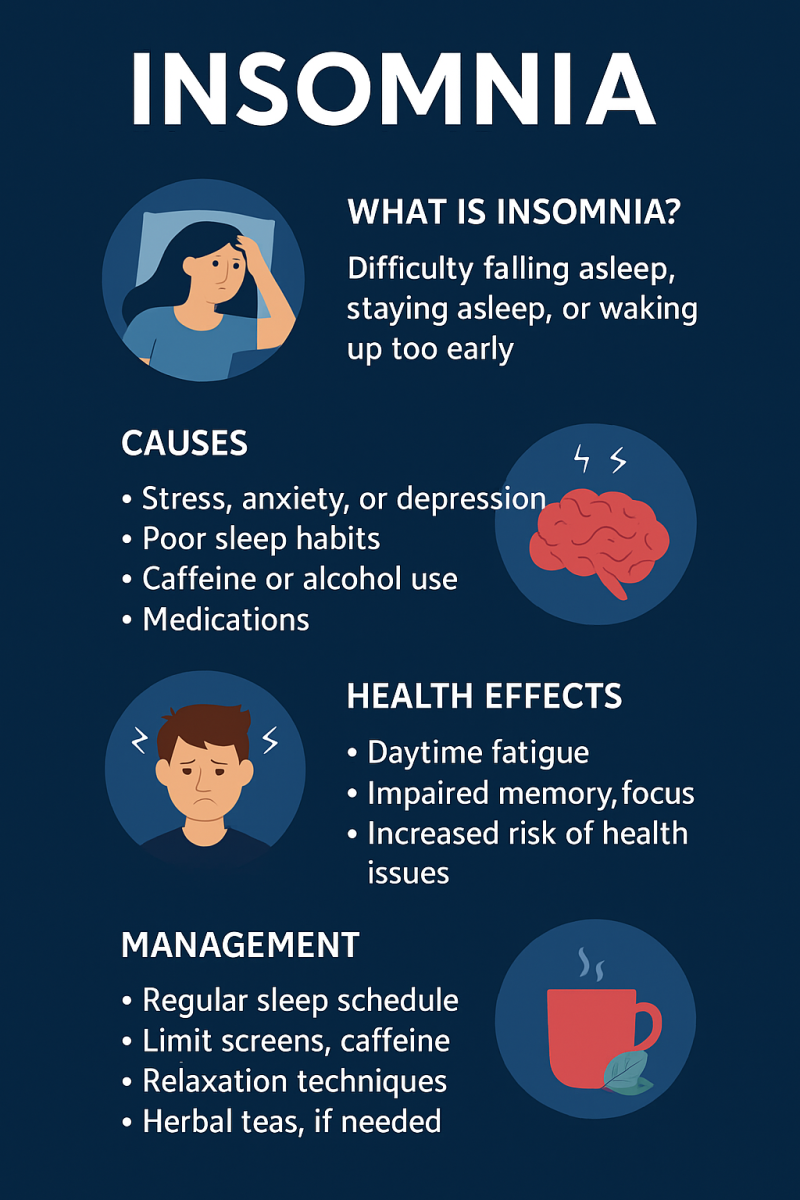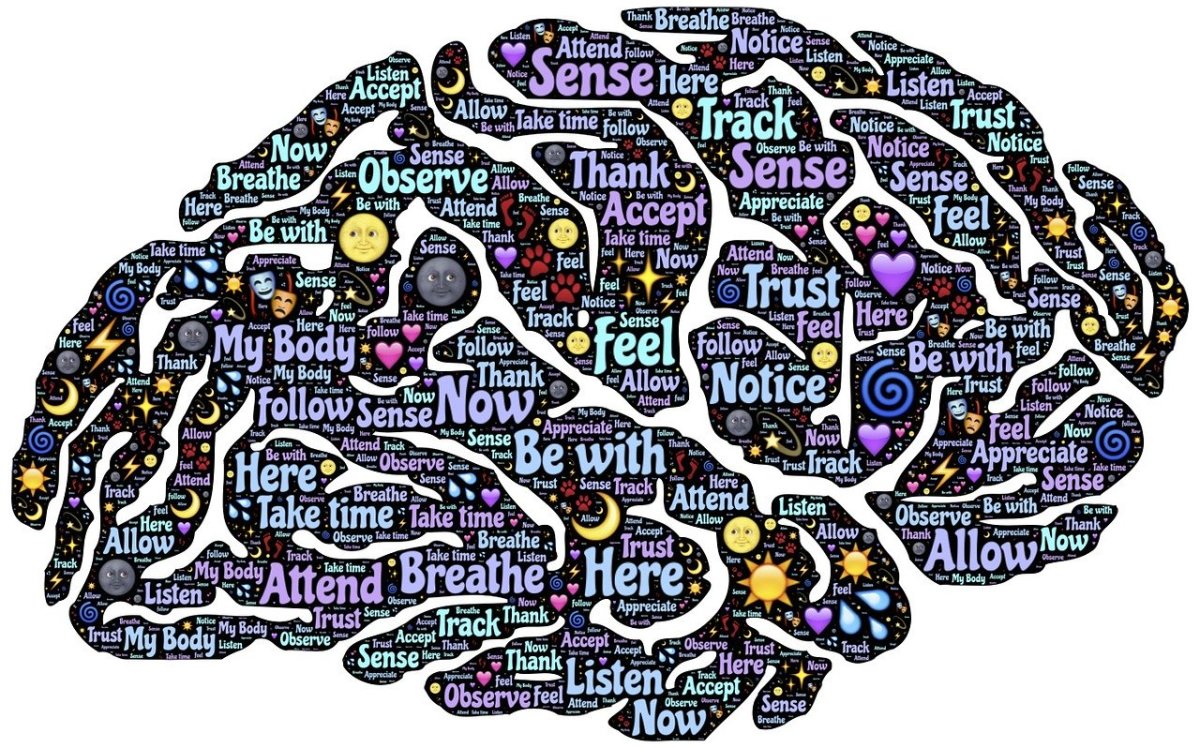Best insomnia meds (drugs)

Insomnia is defined as lack of subjective satisfaction in sleep. A person with insomnia may complain following symptoms.
1.Difficulty is falling asleep
2.Frequent nighttime awakening
3.Early morning wakening
4.Day time sleepiness
5.General loss of wellbeing
Drugs treatment for insomnia may fail in if following situations are not addressed properly.
1. People with underlying psychiatric disorders
2. Substance misuse and diet problems
3. Expectation of sleep: - Some people may want to sleep more that their body’s natural requirement. For an example elderly people need less sleep.
Common guidelines on taking hypnotics
1. Use of lowest effective dose
2. Use intermittent doses (every other day)
3. Take drugs for shorter duration
4. Discontinue them slowly
5. Stop taking alcohol and other stimulants
6. Inform your doctor when you have respiratory problems
Natural ways of inducing sleep is much better than drugs (Sleep hygiene)
They are
1. Increase daily exercises
2. Reduce day time napping/sleep
3. Reduce caffeine/alcohol intake
4. Use the bed only for sleep and sex
5. Develop a regular routine for sleep
Most commonly prescribed drugs for insomnia
Most widely prescribed drugs for insomnia are benzodiazepines (Valium, Xanax) and Z drugs (Ambien, Sonata).
But newer medications such as Melatonin (Natural sleep producing hormone) and Melatonin agonists such as Ramelteon seem to be producing more natural sleep. They show lack of withdrawal (Adverse symptoms that are occurring after abrupt discontinuation of the drug), dependence (inability to sleep without the drug), and tolerance (needing increasing amount of drug to produce same sleep effect). But melatonin drugs can induce fits or seizures.
Commonly prescribed medications for Insomnia
1. Lormetazepam (Loramet)
2. Oxazepam (Serax )
3. Zaleplon (Sonata )
4. Zopiclone (Imovane)
5. Melatonin
6. Ramelteon
But most of the above drugs cannot be prescribed for longer duration. It is because of their habit forming properties. But Z drugs such as Sonata and Imovane has minimal habit forming properties. First two drugs should be discontinued immediately after sleep problem is settled.
In addition, some doctors prefer to prescribe low dose antipsychotics to induce sleep.
They are
1. Quetiapine (Seroquel)
2. Olanzapine (Zyprexa)
3. Chlorpromazine (Largactil)
They usually cause no addiction but the effect will wane after some time. In addition, some of the above drugs could cause weight gain and lipid and blood sugar issues.
Drugs that are available over the counter for Insomnia
Promethazine (Phenergon), Piriton and Peritol can be taken to induce sleep. But their effect will wane after long term use. Therefore, it is recommended to meet a doctor if you get chronic insomnia. Peritol can increase appetite and it can cause obesity if used for sometime.
Promethazine (Phenerogon) 25mg one hour before bedtime can induce sleep. But drowsiness may go into next day. In addition, operating machinery or driving vehicles may be dangerous while on Phenergon. Piriton has the same effect but it is less sedating than Phenergon. Usual Piriton dose is 4mg one hour before sleep.
This article is about prescription drugs and you should not take them without a doctor’s prescription. Purpose of this article is to give objective evidence based information to empower patients. This article is not promoting any of the above drugs.








